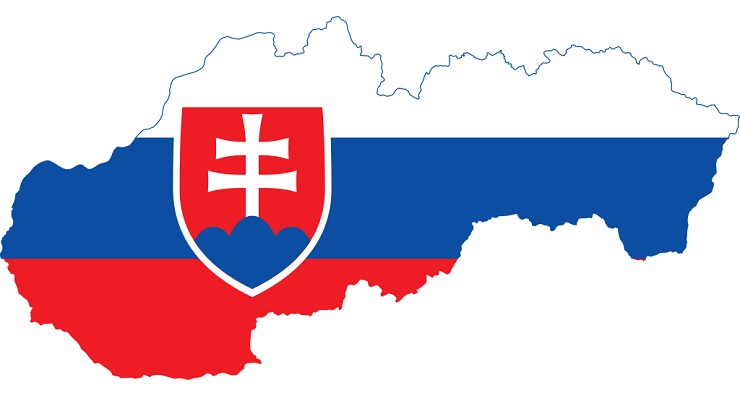 There are several studies that argue that civil society is important for democratization. The Slovak case contributes to strengthening this view point. Slovakia’s civil society and political opposition were very crucial in preventing is democratic descent. This article by Emily Tamkin is published by New Statesman. Here is an excerpt:
There are several studies that argue that civil society is important for democratization. The Slovak case contributes to strengthening this view point. Slovakia’s civil society and political opposition were very crucial in preventing is democratic descent. This article by Emily Tamkin is published by New Statesman. Here is an excerpt:
Last week, I was standing outside a hotel conference hall on the first day of the GLOBSEC security conference in Bratislava, Slovakia. I had arrived from Washington, DC, earlier that morning and had showered and changed, but not yet slept. Bleary-eyed, the coffee that I’d chugged down had not yet had any impact, I looked up from my phone and saw Zuzana Čaputová, the first woman and youngest person ever to be president of Slovakia, walk by with her team in tow. She then made her way to the largest of the conference stages and delivered the keynote address.
“We need rules to guide us,” she told the audience. “These must be valid and respected. For Slovakia, the EU and NATO, our democratic rules are our main rulebook, at home and abroad.”
Later that day, on the same stage, Eduard Heger, the prime minister of Slovakia, said something similar. “For us,” he said, “the rule of law is of top importance, because no democracy can grow in an environment other than one in which the rule of law is fully active.” Heger said that sovereignty within the European Union had to be respected. But for Slovakia, he stressed, the aim is to make the nation “a solid democratic country with strong roots in the rule of law”.
Continue reading here.
Leave a Reply